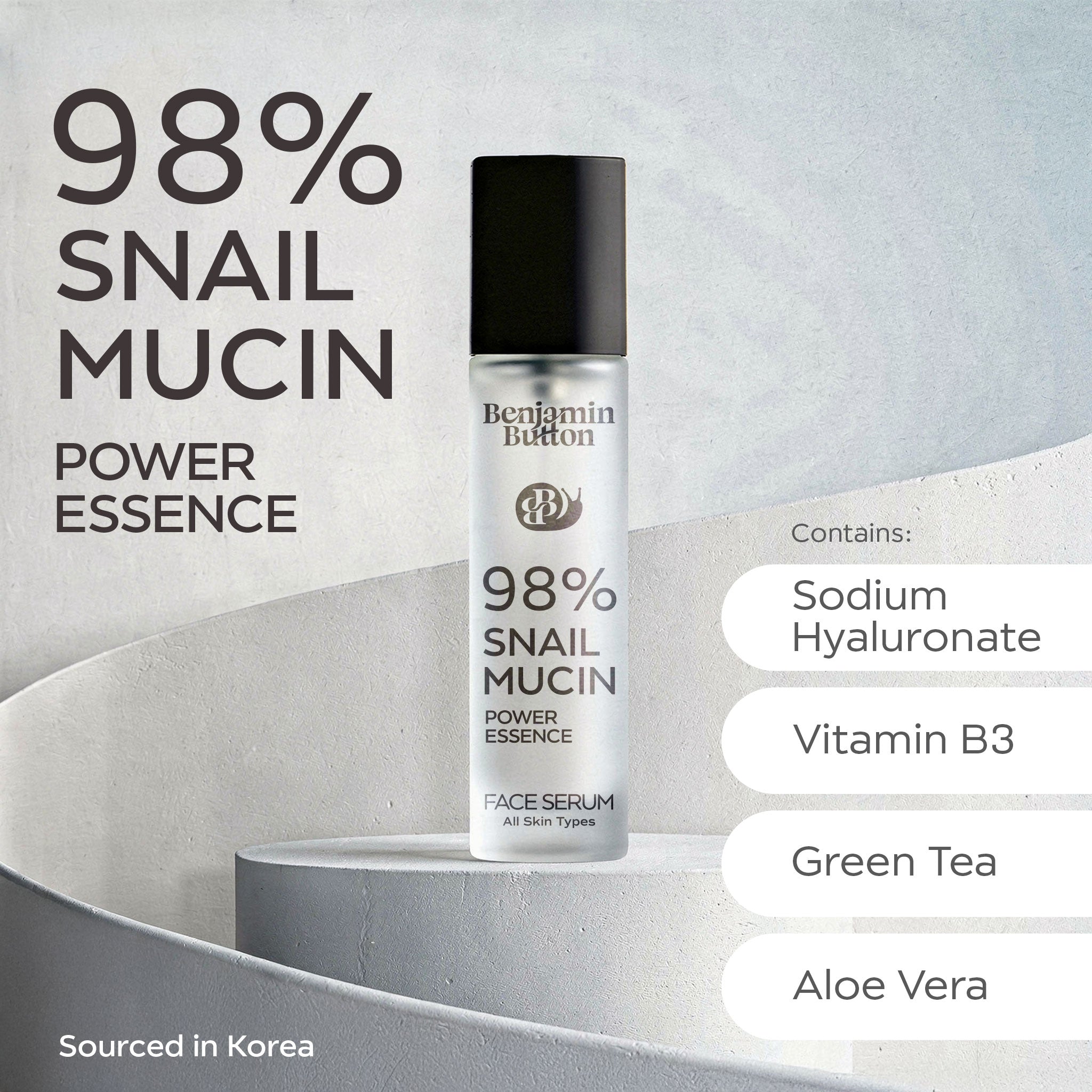The Evolution of Wellness: A New Status Symbol?
Wellness has undergone a profound transformation over recent years, evolving from a niche interest into a widely recognised status symbol. Where once it was merely a concept associated with yoga classes and green smoothies, it now permeates various facets of life, shaping perceptions and behaviours in profound ways. This article delves into how wellness has become synonymous with prestige and why it’s more than just a trendy lifestyle choice.Understanding Wellness as a Status Symbol
In today’s fast-paced world, the quest for wellness is often seen as an indicator of success. The following factors contribute to this perception:- Visibility: With the rise of social media, individuals are eager to share their wellness journeys. From perfectly curated images of wholesome meals to serene meditation retreats, the wellness lifestyle is well-documented and often celebrated.
- Access: Luxury wellness retreats, high-end fitness classes, and premium health foods have become widely available, yet not everyone can afford them. The ability to access such experiences creates a divide, indicating status among those who can indulge.
- Investment: People are investing significant amounts into their health and wellbeing, whether through personal trainers, nutritionists, or spa memberships. This financial commitment highlights a prioritisation of wellness that signals affluence.
- Knowledge: An understanding of wellness trends can often signify sophistication and intelligence. Individuals who are informed about holistic health, clean eating, and mindfulness practices may be viewed as leading a more enlightened lifestyle.
The Business of Wellness
As the wellness trend has gained traction, it has spawned an entire industry. Businesses that provide wellness services and products have proliferated, recognising the growing consumer demand. Here are several areas where businesses have thrived:- Health Foods: Organic and vegan food options have exploded in popularity. Consumers now see these choices as a marker of their health consciousness and, by extension, their social standing.
- Fitness Trends: From SoulCycle to boutique fitness studios, unique workout experiences promote not only physical health but also a community that aligns with social status.
- Wellness Travel: Luxury wellness retreats have become coveted getaways, often featuring holistic programmes that promise rejuvenation and personal connection.
The Role of Technology in Wellness
Technological innovations have also played a significant role in the evolution of wellness as a status symbol. With the advent of fitness apps, wearables, and online wellness platforms, individuals not only monitor their health but also share their progress. By tracking metrics like steps taken, calories burned, and even mindfulness sessions, users create a public narrative around their wellness journey.Wellness Apps and Gadgets
The digital landscape has led to a surge in applications and technologies aimed at improving overall health:- Fitness Trackers: Devices like smartwatches have become essential tools for those serious about fitness. They allow users to quantify their efforts and achievements visibly.
- Meditation Apps: Platforms providing guided meditations and mindfulness exercises are now part of daily routines, signalling a commitment to mental wellness.
- Diet Tracking: Caloric and nutritional tracking apps help users make informed choices about their food intake, often leading to healthier lifestyles which others may aspire to replicate.
The Psychological Impact of Wellness Culture
The perception of wellness as a status symbol brings with it a complex psychological landscape. On one hand, the focus on health and wellbeing can lead to improved quality of life and increased happiness. On the other hand, it can also foster a culture of comparison, where individuals feel pressured to meet certain standards.Benefits of Wellness Culture
The positive aspects of embracing wellness as a central part of life can be significant:- Improved Mental Health: Mindfulness and self-care practices promote mental clarity and emotional resilience.
- Enhanced Physical Health: Prioritising physical activity and nutrition leads to better overall health outcomes.
- Connection: Engaging with like-minded individuals in wellness communities can foster important relationships and support networks.
Challenges of Maintaining Wellness Standards
However, the drive to conform to certain wellness ideals can also present challenges:- Comparison: Constant exposure to others’ wellness journeys can lead to feelings of inadequacy for those who cannot replicate those lifestyles.
- Burnout: The pressure to pursue perfection in wellness can create stress and anxiety rather than fostering true wellbeing.
- Commercialisation: The prioritisation of wellness experiences can lead to a sense of elitism, where only the affluent are considered “well” or successful in this regard.
The Future of Wellness as a Status Symbol
Looking ahead, the landscape of wellness will likely continue to evolve. As societal values shift, the meaning of wellness may also change. Here are a few predictions for how wellness will adapt:- Inclusivity: There may be a push towards making wellness more accessible to all, blurring the lines of exclusivity that currently exist.
- Holistic Integration: The notion of wellness will encompass various aspects of life, from emotional support to environmental health, creating a broader understanding of what it means to be truly “well”.
- Community Over Individualism: Focus may shift from individual achievements to collective wellbeing, fostering a sense of community and shared goals.






















